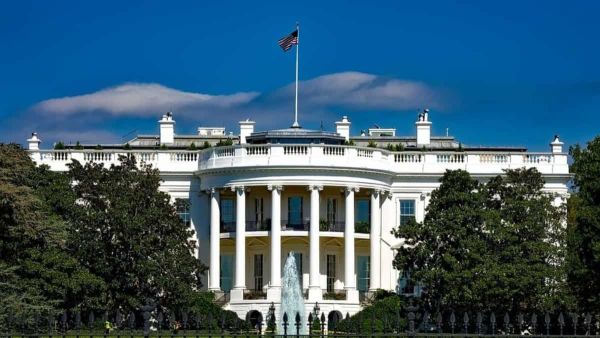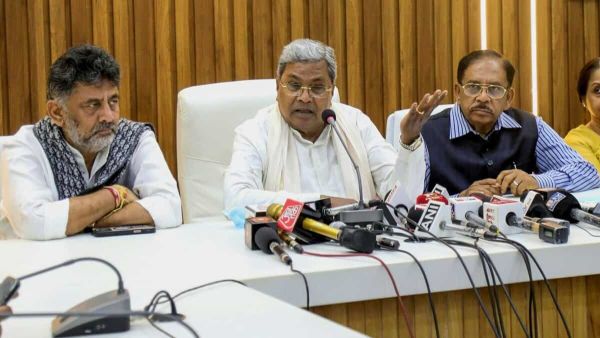
GST 2.0: What will get cheaper under India's tax overhaul
19 Aug 2025
In a major move, Prime Minister Narendra Modi has announced plans to revamp India's Goods and Services Tax (GST) system.
The proposed changes, which aim to simplify the current four-slab (5%, 12%, 18%, 28%) tax structure into two slabs of 5% and 18%, are expected to bring down prices of a range of consumer goods.
However, luxury and sin goods will continue to attract a higher tax rate of 40%.
Proposed changes pending approval by GST Council
Approval process
The proposed changes will have to be approved by the GST Council, which comprises all states and Union Territories.
If approved, the new structure could bring much-needed tax relief to consumers.
The next council meeting is likely to take place in August.
The move comes amid US President Donald Trump's tariffs on Indian goods, affecting local businesses and exports.
New tax structure and sin goods
Tax structure
As per the government's plans, the 5% slab will cover most essential daily goods, while the 18% tier will include other goods and services.
A separate rate of 40% will be levied on sin goods such as tobacco, online gaming, alcohol, and luxury items.
Petroleum products will remain outside GST's purview while diamonds, gold jewelry, and precious stones will be taxed at earlier rates of up to 3 % (5% on making charges).
Consumer goods to get cheaper
Price reduction
India's proposed GST overhaul promises price cuts across key categories. Small cars, air conditioners, and televisions may see their rates reduced from 28% to 18%, while insurance premiums could fall sharply from 18% to 5% or even nil.
Daily-use essentials taxed at 5% may shift to the zero-tax bracket.
Packaged foods like bhujia, namkeen, potato chips, ketchup, noodles, pasta, butter, ghee, cheese, and milk-based beverages are also expected to move into the 5% slab.
PM Modi's vision for GST reforms
Reform goals
In his Independence Day speech, PM Modi envisioned the GST reforms as a "double Diwali gift."
He said the new structure would simplify the system and ease tax burden on households and businesses.
The Prime Minister also stressed that these changes would help boost demand in key sectors such as automobiles, appliances, and insurance.
-
White House once again claims Trump ended India-Pakistan conflict

-
Karnataka Cabinet decides to provide internal reservation among SCs

-
Proteas fast bowler Kagiso Rabada ruled out of ODI series in Australia

-
'That’s The Price You Pay For Honesty': Shruti Haasan Opens Up On Cosmetic Surgery Criticism

-
Bride-to-be so stressed about wedding she's left PARALYSED and unable to smile
